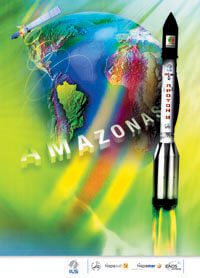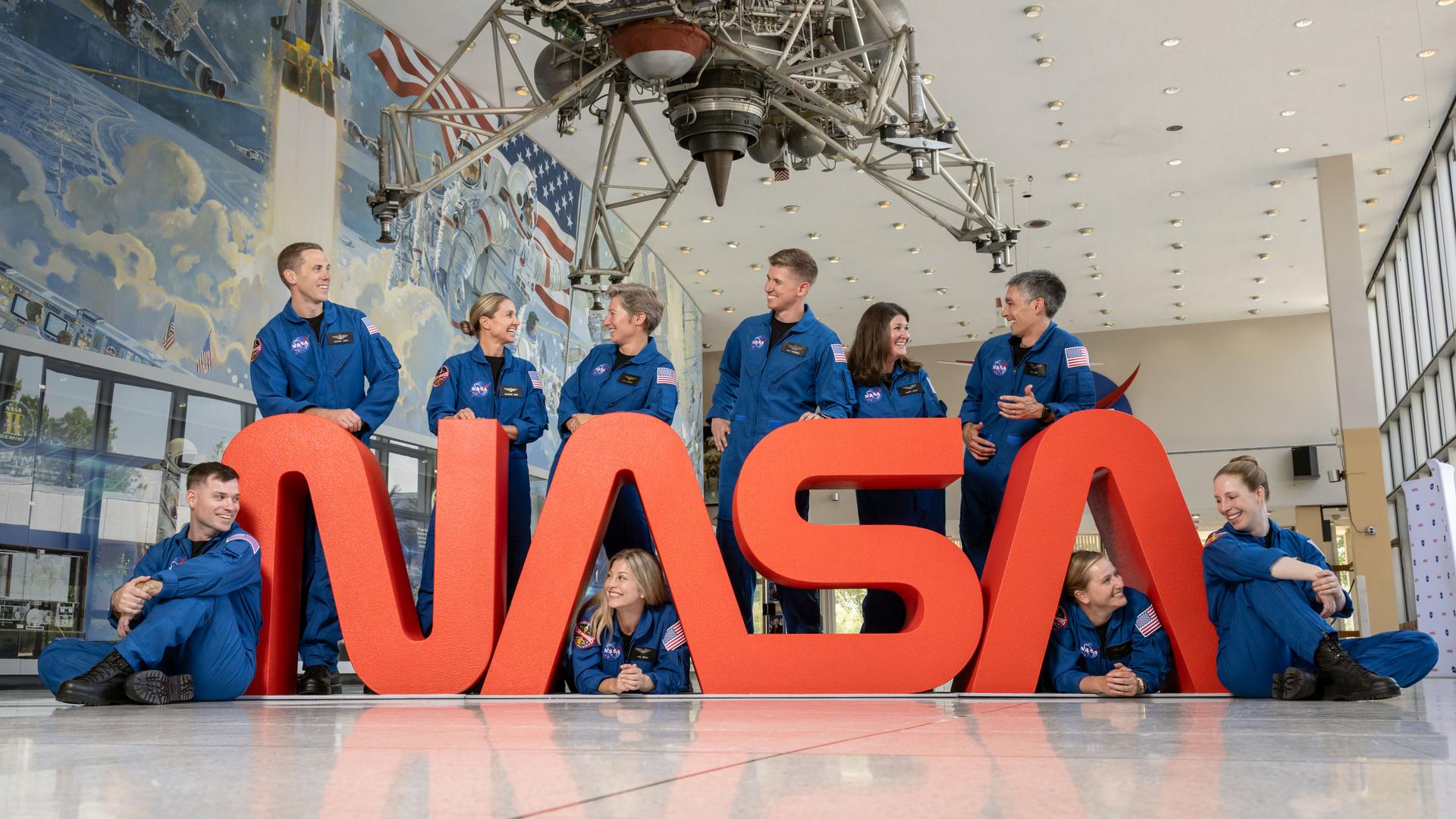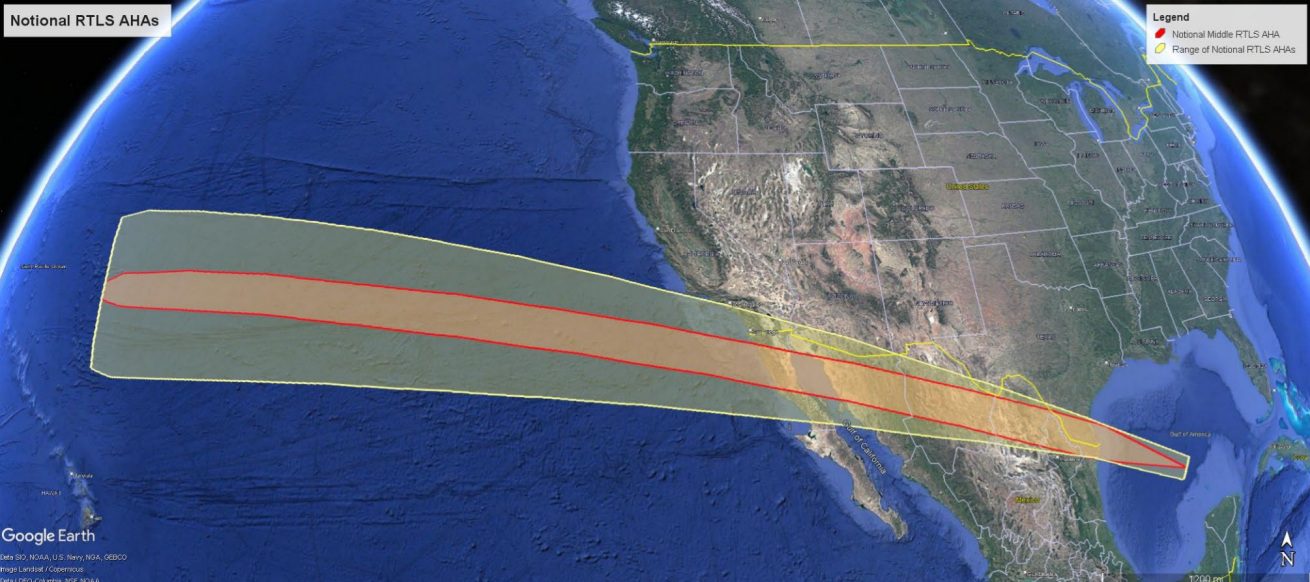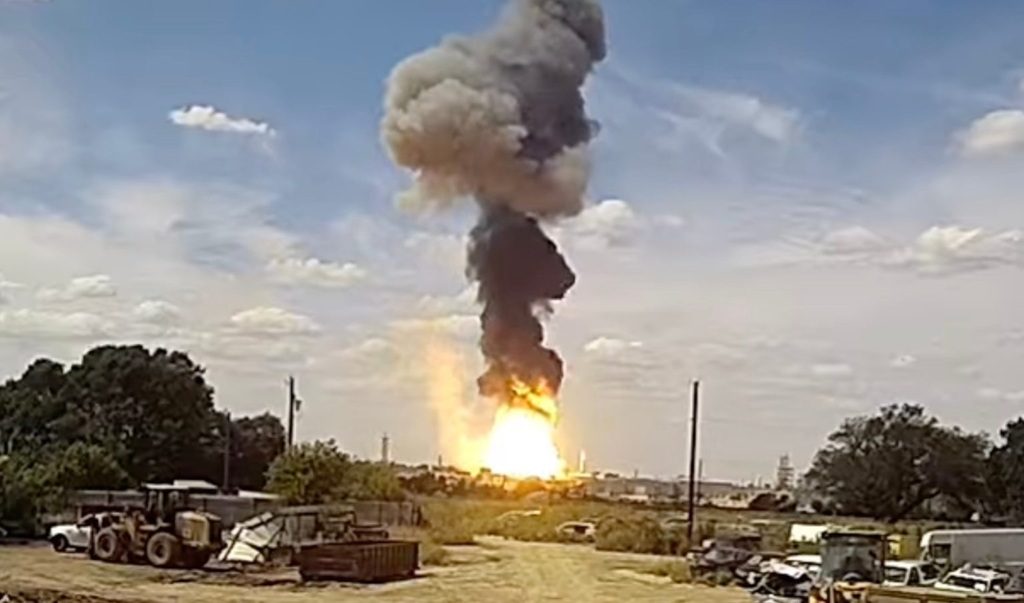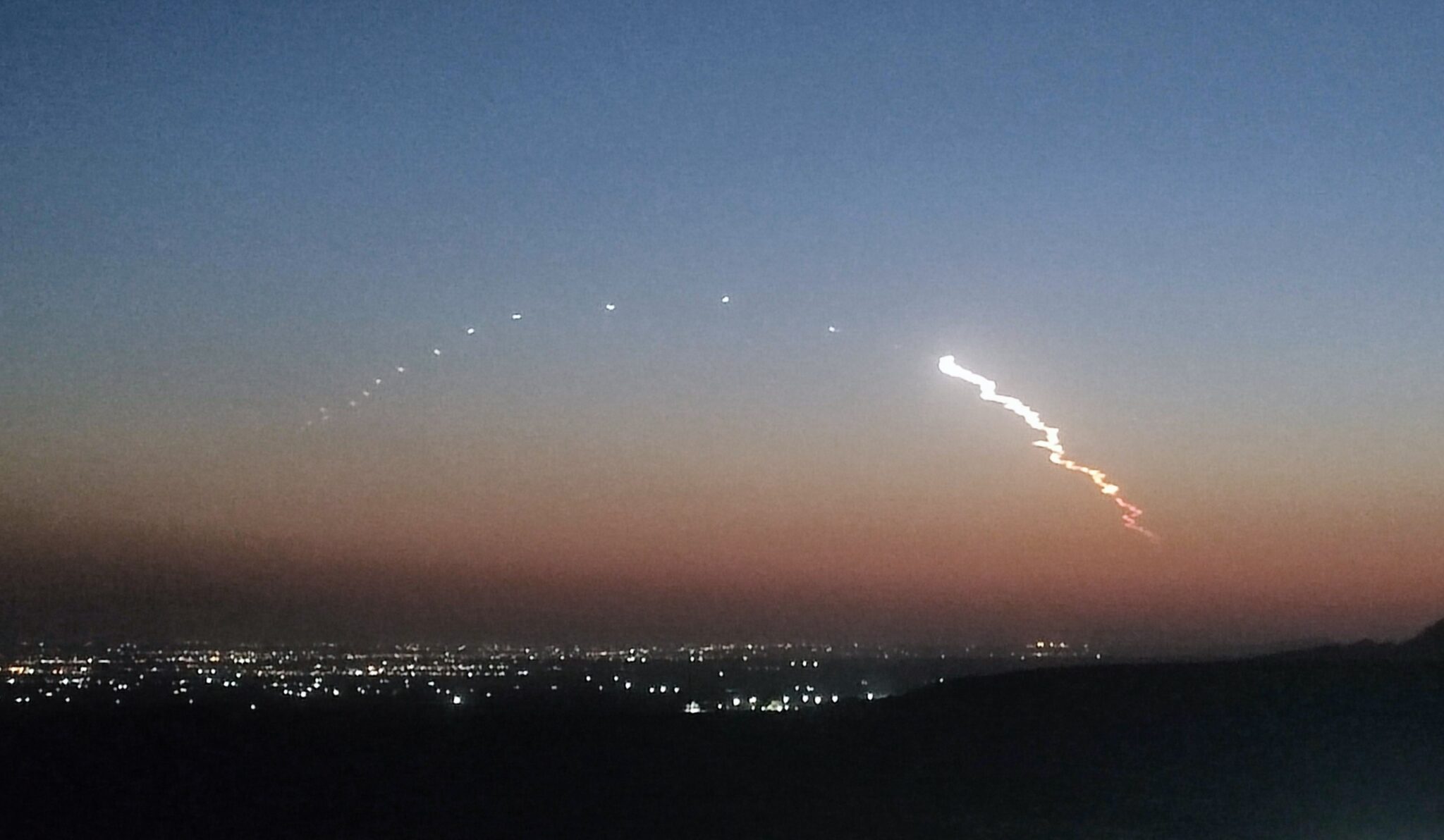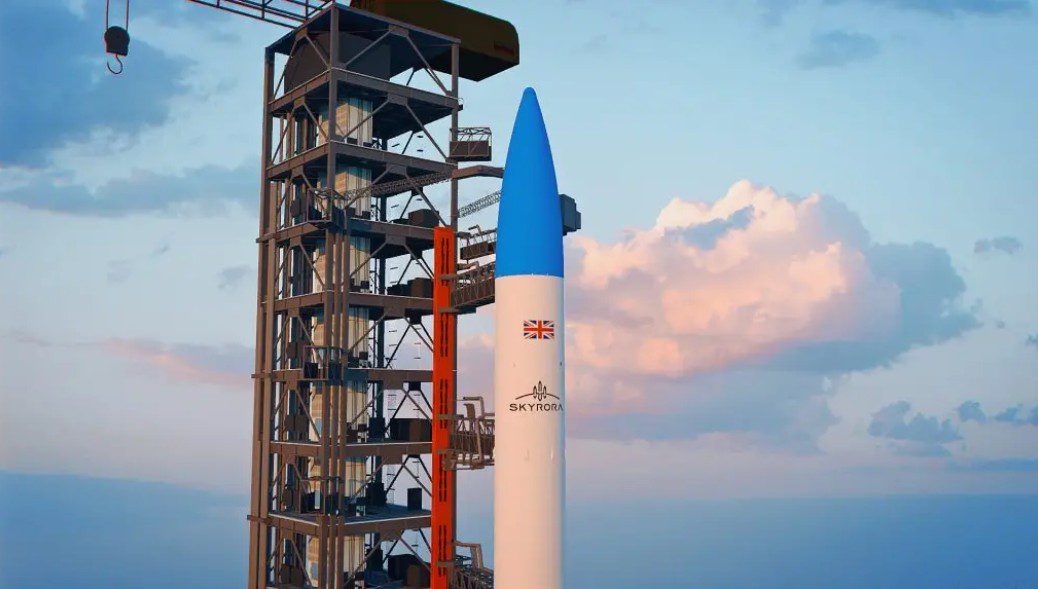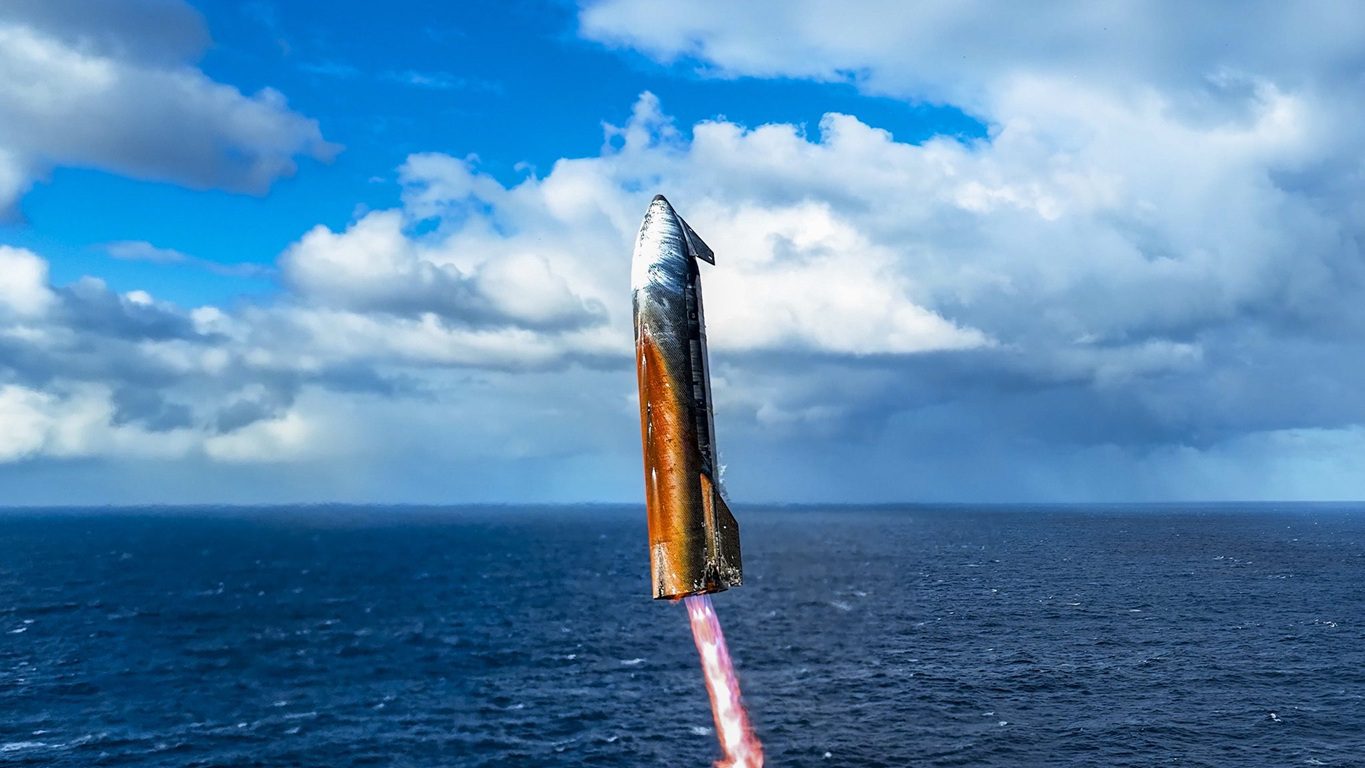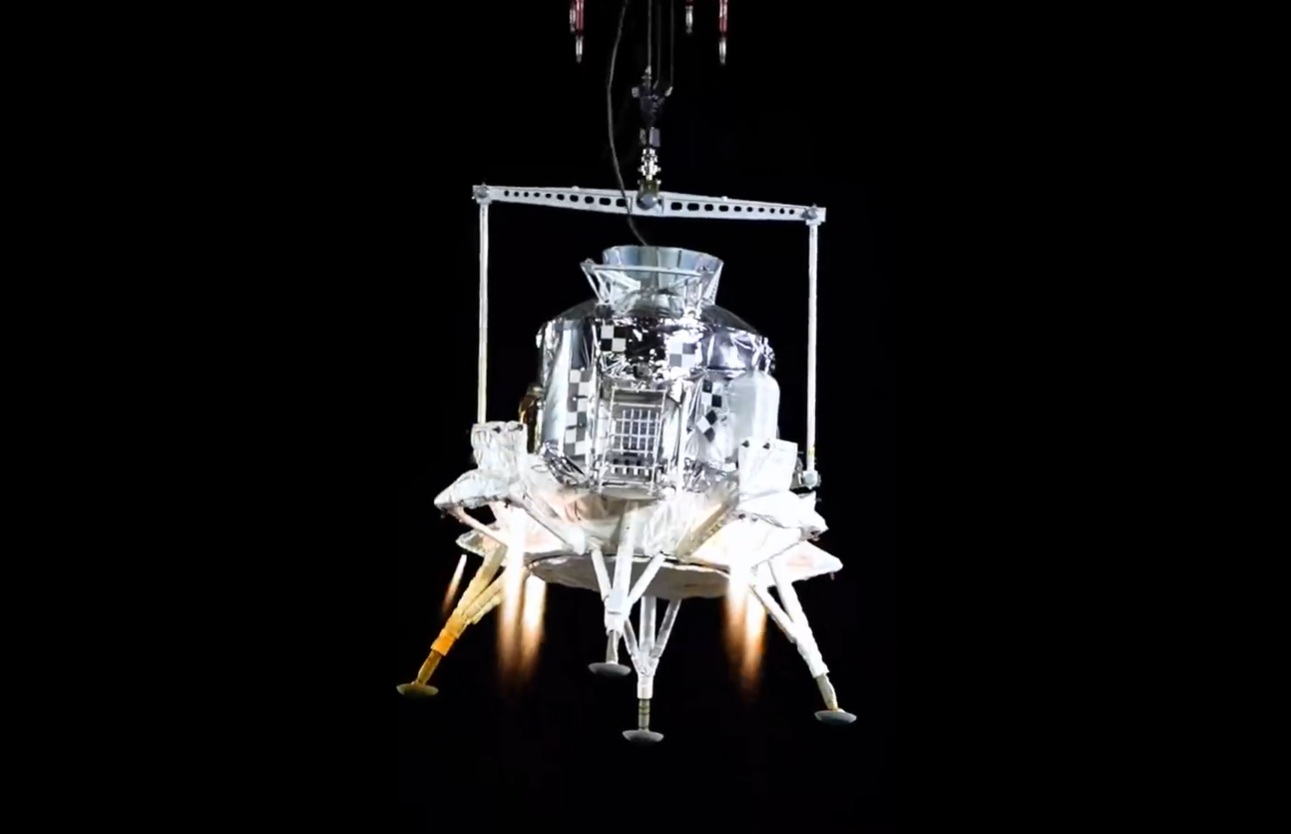The International Launch Services (ILS) improvised Proton Medium plan to compete in the commercial launch market against low cost launch vehicles such as SpaceX’s Falcon 9 is off. Having previously denied this programme’s cancellation to Seradata earlier this year, ILS has confirmed that, in a change of plan at Khrunichev, the programme to create a two-stage-plus-Breeze M version of the Proton is now on indefinite hold. All spacecraft booked to this rocket will now be moved to the standard Proton M Breeze M for no extra charge.
A previously converted Eutelsat Proton M Breeze M booking had been converted to a Proton Medium order, but this will now revert back.
The make-do-and-mend plan was to have helped Khrunichev and its marketing arm, ILS, involved removing one of Proton M Breeze M’s three main stages and stretching another one to create a new low cost launch vehicle called Proton Medium. It was originally planned that the second stage would be removed. However, to boost it payload to 6,000 kg to GTO, the removed stage was changed to be the third stage. This new two-stage plus upper stage rocket was originally to had its first launch in late 2019.
However, with funding tight, new Roscosmos supremo Dmitry Rogozin has apparently decided that Khrunichev should concentrate its resources on getting the Angara rocket into full production as early as possible. Angara was always planned as Proton’s long term replacement, but previously had its development delayed.
ILS has released this statement:
The new leadership of Roscosmos is in the process of conducting an extensive review and analysis of the Russian space sector including the Proton and Angara launch systems. As a result, the Proton Medium development program has been placed on an indefinite hold. In lieu of the Proton Medium, the heritage Proton Breeze M launch vehicle will be used for all ILS commercial missions either under contract or previously planned for launch using the 2-stage Proton Medium vehicle.
ILS and Khrunichev are committed to meeting the launch services requirements of our customers. The use of the flight-proven Proton Breeze M vehicle will technically support all missions and provide increased performance for optimized spacecraft insertions.
Comment by David Todd: This is a poor decision. While there are hopes that Angara’s launch cost will come down as its production ramps up, it will probably be too expensive to initially compete with Falcon 9 and the forthcoming Ariane 6 on the commercial market. As it is, these rockets’ costs are expected to further reduce as the result of experience, while Angara will not be in full operation until about 2023 at the earliest. As such, this news will be a major blow for ILS.
.

